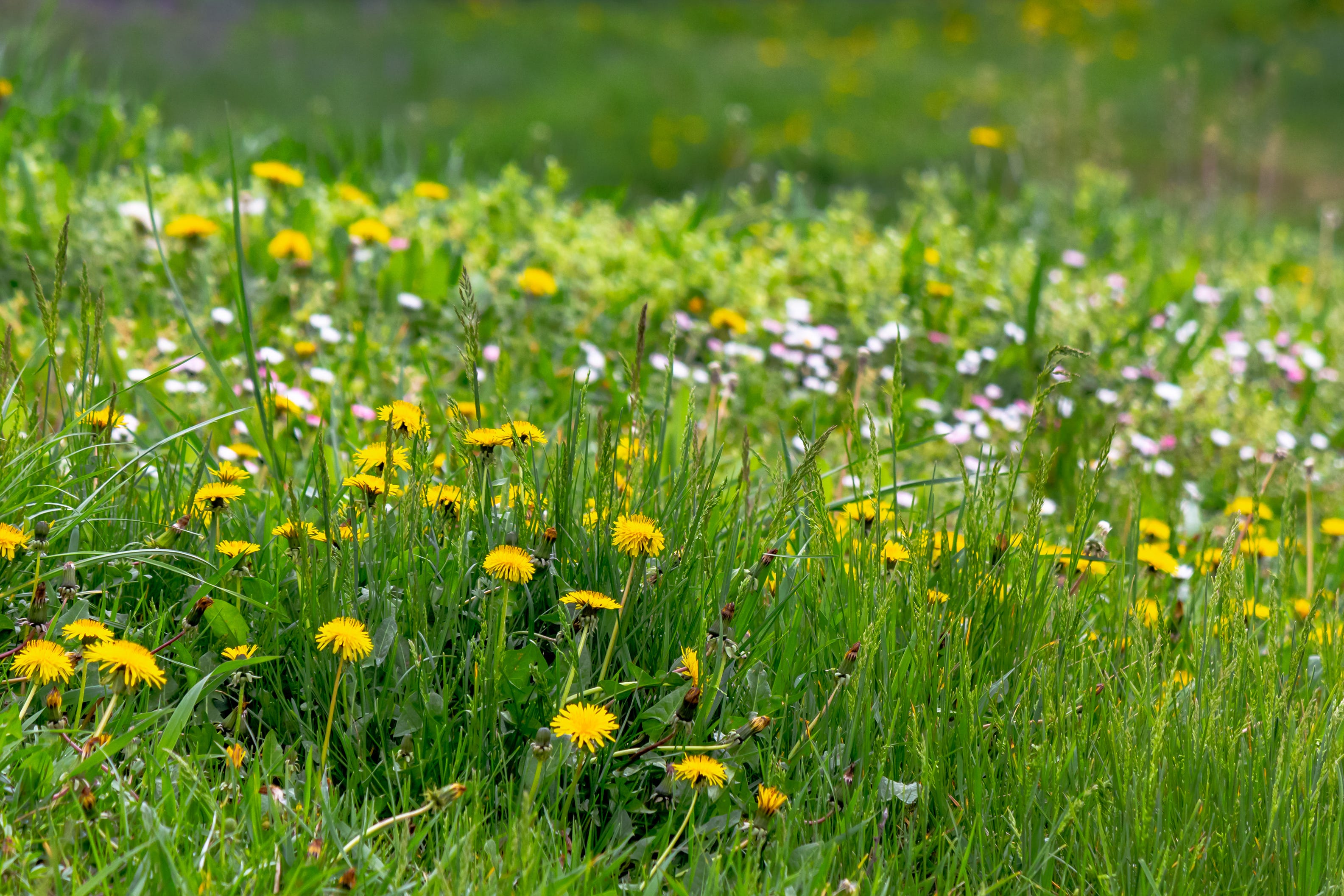Study reveals the everyday activities that can cut depression risk by 23%
The researchers looked at data from more than four million people

Your support helps us to tell the story
From reproductive rights to climate change to Big Tech, The Independent is on the ground when the story is developing. Whether it's investigating the financials of Elon Musk's pro-Trump PAC or producing our latest documentary, 'The A Word', which shines a light on the American women fighting for reproductive rights, we know how important it is to parse out the facts from the messaging.
At such a critical moment in US history, we need reporters on the ground. Your donation allows us to keep sending journalists to speak to both sides of the story.
The Independent is trusted by Americans across the entire political spectrum. And unlike many other quality news outlets, we choose not to lock Americans out of our reporting and analysis with paywalls. We believe quality journalism should be available to everyone, paid for by those who can afford it.
Your support makes all the difference.A new study has revealed the everyday exercises that are associated with a lower risk of depression,
An umbrella review of several studies has found low to moderate intensity exercise cuts the risk of depression by 23%, anxiety by 26%, and psychosis or schizophrenia by 27%.
These include gardening, golf and walking.
The researchers said the findings, published in the journal Neuroscience and Biobehavioural Reviews, add to evidence that physical activity is good for mental health.
But they added that in some cases, high intensity exercises may “worsen stress-related responses”.
Lead author Lee Smith, professor of public health at Anglia Ruskin University, said: “Preventing mental health complications effectively has emerged as a major challenge, and an area of paramount importance in the realm of public health.
“These conditions can be complex and necessitate a multi-pronged approach to treatment, which may encompass pharmacological interventions, psychotherapy and lifestyle changes.
“These effects of physical activity intensity on depression highlight the need for precise exercise guidelines.”

For the study, the researchers looked at data from more than four million people which assessed the link between physical activity and episodes of depression.
They also investigated the link between exercise and anxiety involving more than 65,000 people, as well as the association between psychosis and schizophrenia and physical activity involving more than 30,000 people.
The researchers said their findings were consistent in both men and women, and across different age groups and across the world.
The team also said evidence was lacking for the association between high-intensity physical activity and reduced risk of depression.
Prof Smith added: “Moderate exercise can improve mental health through biochemical reactions, whereas high-intensity exercise may worsen stress-related responses in some individuals.
“Acknowledging differences in people’s response to exercise is vital for effective mental health strategies, suggesting any activity recommendations should be tailored for the individual.
“The fact that even low to moderate levels of physical activity can be beneficial for mental health is particularly important, given that these levels of activity may be more achievable for people who can make smaller lifestyle changes without feeling they need to commit to a high-intensity exercise programme.”